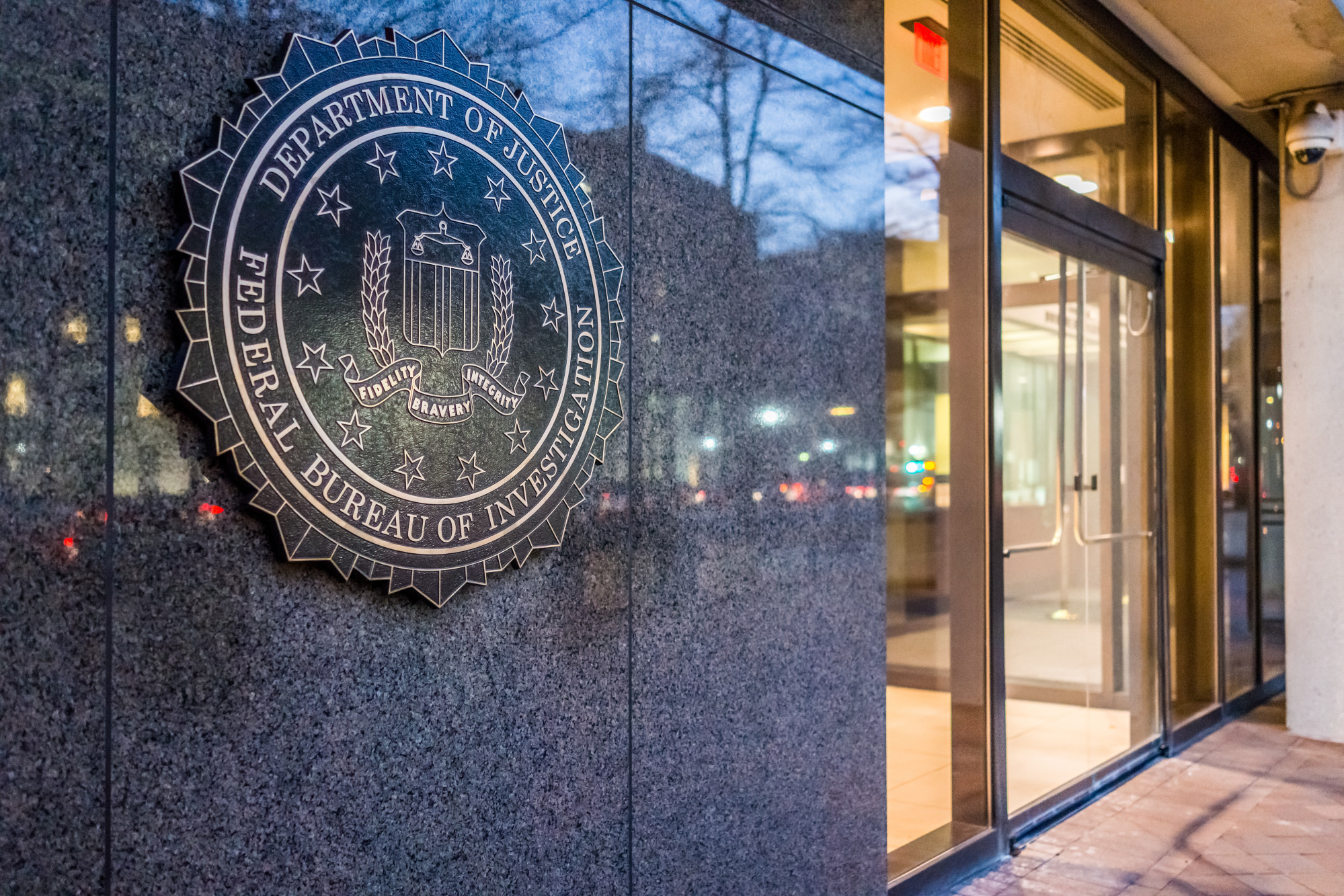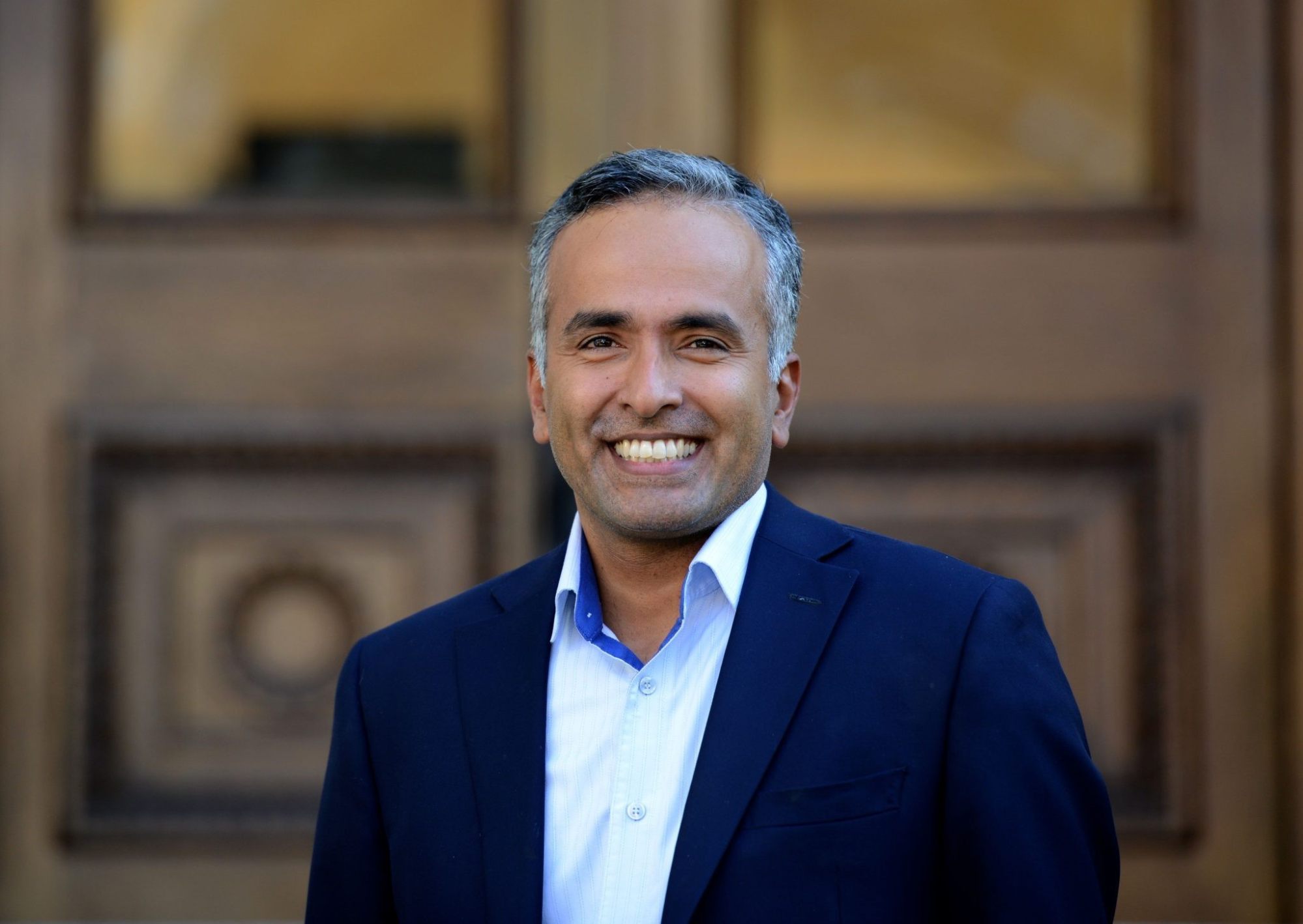Attendees from more than 50 organisations representing thousands of Asian-Americans cited a litany of fears as politicians ramp up anti-China rhetoric, pass laws blocking Chinese nationals from buying property and spread anti-immigrant verbiage.
For many, public discourse shaped by xenophobic overtones has raised the risk that demonising China could translate into hostility towards Asian-Americans.
“We are at a critical juncture in terms of our history and our democracy,” said US Trade Representative Katherine Tai, the first Asian-American in that cabinet-level post, at the conference. “Our democracy, it turns out, is not guaranteed.”
A victory by the presumptive 2024 Republican nominee, they said, could usher in an era of more deportations, the end of family visas, wholesale tariff increases and efforts to undermine federal regulatory agencies.
“It’s incredibly concerning in part because the landscape is so new and unknown,” said Lia Nitake of Asian Americans Advancing Justice, who works with social-media companies to try to anticipate problems.
“We want to see responses immediately and it’s never going to be fast enough if anybody in our community is negatively impacted.”
Among US-based respondents from various subcommunities, some 66 per cent of Koreans, 62 per cent of Chinese and 56 per cent of Vietnamese ranked their national media as their most trustworthy news source, according to Nielsen data.
This has put a spotlight on the image that the US projects abroad as it gets channelled back to voters in the US, the Singaporean said.
“It’s more critical than ever for us to drill down and find news sources and help educate others [on] where to find information that you can trust,” she said.

Fears have surfaced that hardline Trump policies will return, including an FBI initiative launched in 2018 designed to identify perceived Chinese spies in American research and industry. Critics said it amounted to racial stereotyping.
“We have to make sure the now-defunct China Initiative is not reinstated, especially as we are seeing anti-China rhetoric increasingly on the rise,” said Marita Etcubanez of Asian Americans Advancing Justice.
Chu said it was “unconscionable” that the Florida statute passed in 2024, with potentially more to come. “This law is racist. This law is anti-Asian. And this law is an outrage,” she added.
Despite significant support for Trump among the diverse Asian-American community, most participants at this week’s conference voiced progressive views more commonly associated with the Democratic Party.

Part of this disconnect could be explained by Trump’s greater appeal among recent Chinese and Vietnamese immigrants who are less inclined to express their political views at conferences and other public events, according to Bob Sakaniwa of AAPI Vote.
“That voice is much more seen in the newer immigrant communities not as exposed to coalition work where grass-roots political activism is not necessarily encouraged,” Sakaniwa said.
“The stereotype with new immigrant communities is that they do not want to stick out.”
Chiraag Bains of the Brookings Institution, a Washington-based think tank, believed AI’s improving ability to generate highly specific, targeted disinformation campaigns in multiple languages represented another threat.
“Telling people that the day to vote has changed or that your polling place has shifted, or that so-and-so-and-so leader of your community now endorses this candidate,” he said. “These are all dangerous factors.”
Nina Ahmad, an at-large member of the Philadelphia city council in Pennsylvania, underscored the stakes for minorities and immigrants, citing her first-hand experience growing up in her native Bangladesh.
Ahmad described a childhood witnessing levels of such severe partisanship that assaults were routinely carried out, sometimes leading to dead bodies on her street.
“We are at a very perilous time in this country,” she said. “You don’t want that experience … It is very easy to slide into authoritarian thinking.”
Added Ramakrishnan of AAPI Data: “It’s become kind of old to say this is the most consequential election. This one is a doozy.”







